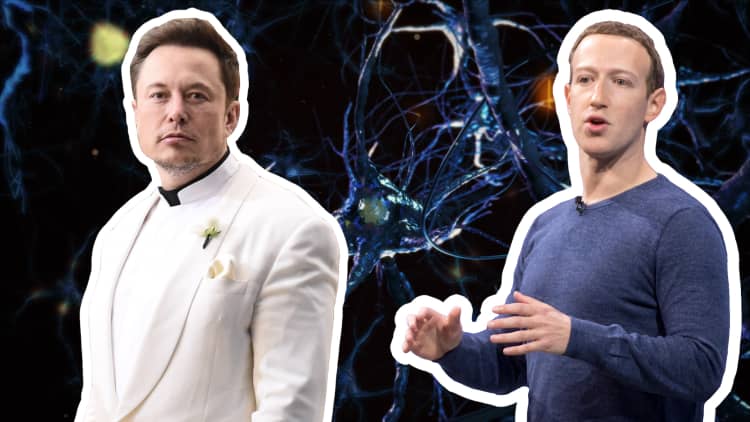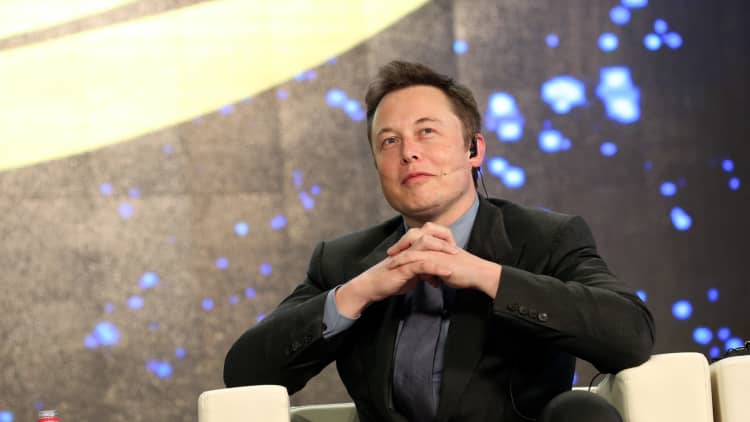Elon Musk will step down as Tesla chairman to settle fraud charges brought by the U.S. over claims he made saying he'd take his company private. As part of Musk's settlement, both Tesla and Musk will each pay a $20 million fine — and Musk can stay on as CEO, the Security and Exchange Commission (SEC) announced Saturday.
What does that mean for Musk and Tesla? And what are the differences between these two roles anyway? We take a look at what sets the CEO and chairman roles apart.
The role of CEO
A CEO is a company's top decision-maker and serves as the public face of a company. This post is responsible for the company's overall performance and commitment to its internal and external stakeholders, former P&G CEO and current Snap board director Alan George Lafley writes in Harvard Business Review.
The CEO, writes Lafley, decides which business the company is and isn't in, shapes its values and balances the investments the company makes in both the present and the future.
A study tracking CEO time from two Harvard researchers found that chief executives spend 25 percent of their time speaking to others and building relationships, 25 percent on functional and business unit reviews, 16 percent on organization and culture, and 21 percent on strategy. A bulk of these work-tasks often take place during meetings.
Dedicating himself solely to being Tesla's CEO may help Musk regain control of his company's daily operations and focus less on shareholder demands. Musk, a hands-on leader, has been known to put himself on the production line to help Tesla through its manufacturing sprints, unusual for a CEO.
The role of chairman
A company board chairman, who's responsible for the other board members, works on counseling and supervising a company's management team, management expert Stanislav Shekshnia writes in Harvard Business Review.
While more than half the chairs of the S&P 500 double as their companies' chief executives, researchers have found that the two roles depend on completely different traits. While CEOs thrive on "crafting a vision, making bold moves, appointing people, giving orders, assuming responsibility and setting examples," a chairman should show restraint, patience and availability to arrive at conclusions that appease shareholders.

Musk has served as a Tesla board chairman for the last 14 years, and as a result, several shareholders have urged the carmaker to add independent board directors without ties to Musk as a way to "provide a critical check on possible dysfunctional group dynamics."
This summer, shareholder Jing Zhao said that Musk himself should be replaced by an independent director, explaining that his double-duty was more appropriate during the company's early days.
"In this much more highly competitive and rapidly changing technology industry, it is more and more difficult to oversee Tesla's business and senior management (especially to minimize any potential conflicts)," the shareholder wrote.
The board voted against that proposal, tying the company's success to Musk's dual role.
Said the company at the time, "The Board believes that it is precisely during times when a company must quickly adapt to constant change and outside pressures that Board leadership needs to be lockstep with the Company's operations."
Like this story? Subscribe to CNBC Make It on YouTube!
Don't miss:


